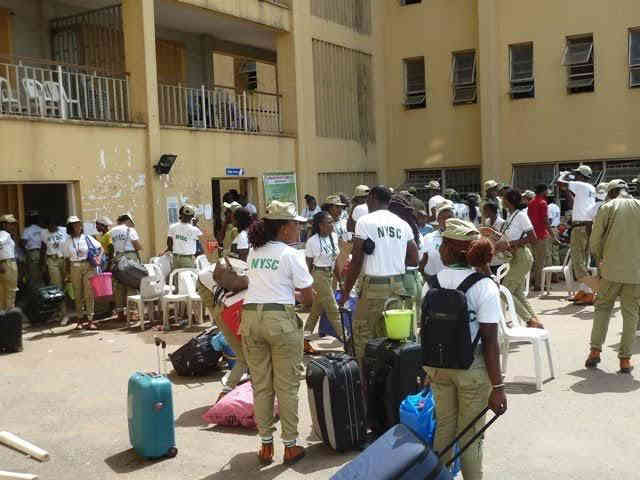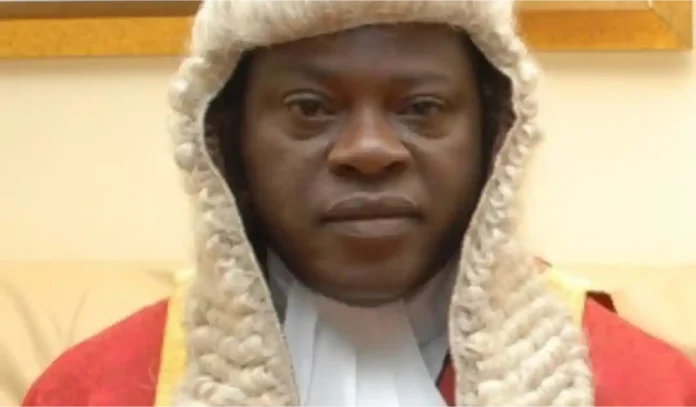FCT Judges Accuse Chief Justice of Mismanaging Resources and Allowing Vulnerability to Bribes.
The High Court of the Federal Capital Territory (FCT) finds itself entangled in a crisis involving allegations of corruption and personnel grievances that have far-reaching implications for the administration of justice in the nation’s capital. This situation has come to light as judges, in an uncommon move, have revealed the distressing treatment they have endured under the leadership of Chief Justice Husseini Baba-Yusuf.
Unveiling a Crisis
In confidential interviews conducted over a period of seven weeks, five judges from the FCT High Court disclosed their concerns about the mismanagement of resources within the division.
Read Also Curiosity as Goat gives birth to half-human in Kwara
Their grievances extend to the inadequacy of allowances and the lack of essential support personnel and equipment, all of which have left their courtrooms in a state of neglect. They claim that Chief Justice Baba-Yusuf has treated the court as his private domain, leading to demoralization among judicial officers.
Impact of the Economic Situation
The judges also attribute their plight to the challenging economic circumstances prevailing nationwide, exacerbated by the removal of subsidies on petrol by President Bola Tinubu. This has had a ripple effect on their already modest allowances and the resources allocated to their court.
Read Also Official: Presidential Election Petition Tribunal to deliver verdict Sept 6
Susceptibility to Bribes
The judges express concern that their precarious financial situation may make them more susceptible to bribery attempts, even though they adamantly maintain their commitment to upholding justice without compromise. They emphasize that their inability to meet basic needs, such as providing for their families and affording quality education for their children, has made their commitment to justice more challenging.
Salary Stagnation
The judges also lament the stagnation of their salaries, which have not been reviewed or increased since 2007 when President Umar Yar’Adua raised them to N530,000 monthly (approximately $600). This lack of adjustment has placed significant financial strain on the judges, impacting their ability to fulfill their judicial duties effectively.
Neglect and Concerns
The judges raise concerns about the neglect they have faced and their working conditions, contrasting them with the better-equipped and compensated prosecutors from the Economic and Financial Crimes Commission (EFCC) who appear in their courtrooms.
Pay Attention To DSS Uncovers Plot to Stage Violent Protests, Warns Against Disruption of Public Peace
They express their frustration at the apparent indifference of the National Judicial Council to their complaints.
Echoes of Previous Concerns
These concerns echo a similar situation in the Supreme Court in 2022, when justices wrote a memo to then-Chief Justice Tanko Muhammad, alleging mismanagement of allowances. This eventually led to Mr. Tanko’s resignation.
The fate of Chief Justice Husseini Baba-Yusuf remains uncertain as the judges’ revelations bring to light the challenges they face and the urgent need for reforms to ensure the effective administration of justice within the FCT High Court.









